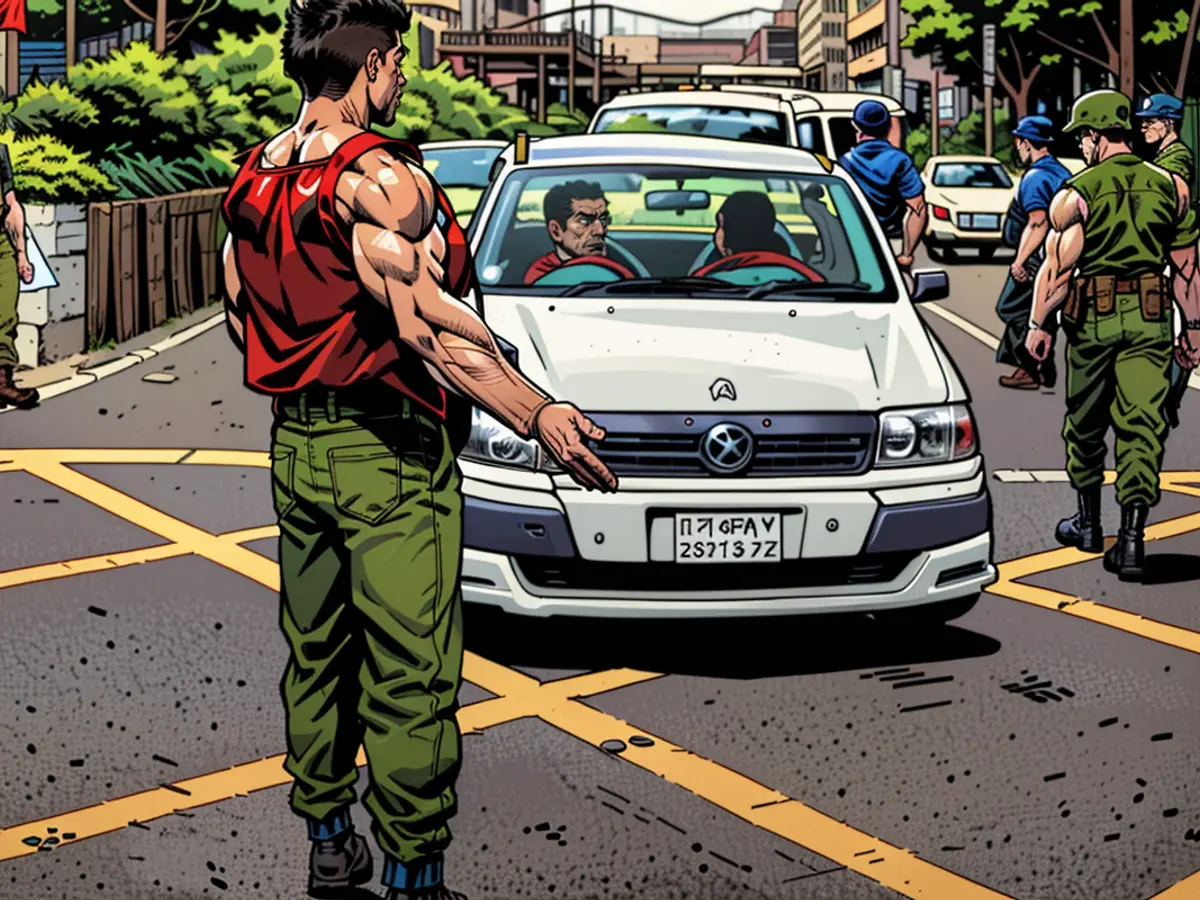Student protests in Bangladesh: Government sends army to the streets
According to an AFP count, at least 115 people have been killed during the protests. Several hospitals reported that significantly more people have died from gunshot wounds since Thursday. In light of the situation in the country, Prime Minister Sheikh Hasina, according to a spokesperson, has canceled her planned trips to Spain and Brazil.
In Narsingdi, in the center of the country, students, according to the police, stormed a prison on Friday and allegedly freed hundreds of inmates. Subsequently, the demonstrators set the prison on fire.
The government had already issued an internet ban on Thursday, making communication in the country more difficult. The largest publishing houses in the country cannot update their news portals anymore. The state radio cannot go on air since demonstrators set fire to its headquarters in Dhaka on Thursday.
Students in Bangladesh have been protesting for weeks almost daily against the government's quota system, which reserves more than half of the well-paid public sector jobs for specific population groups.
According to critics, the quotas favor the supporters of the 76-year-old Hasina, who was re-elected for a fourth term in January in an election almost without opposition. The students demand a merit-based system instead of quotas for the allocation of attractive jobs.
- The security forces in Bangladesh have been deployed to maintain law and order in the city of Dhaka, as student protests continue to escalate.
- In a recent confrontation between the police and students in Dhaka, several protesters were reportedly injured.
- Despite the ongoing student protests and the subsequent confrontations with the police and security forces, the government of Bangladesh has not shown any signs of backing down on its decision to uphold the quota system.
- Witnesses in Dhaka reported seeing soldiers patrolling the streets, as the situation remained tense.
- In a bid to curb the spread of information about the protests, the government of Brazil and Spain have expressed solidarity with their Bangladeshi counterparts by cancelling the official visits of their respective heads of state to Bangladesh.
- The Brazilian and Spanish governments have been closely monitoring the situation in Bangladesh, with concerns that the protests could potentially spill over into other parts of the world, given the growing global opposition to discrimination and quotas.
- hospitals in Dhaka have reported an increase in the number of protesters being admitted with injuries, some of which are reportedly severe, underscoring the urgency for the government to find a peaceful resolution to the ongoing student protests.







